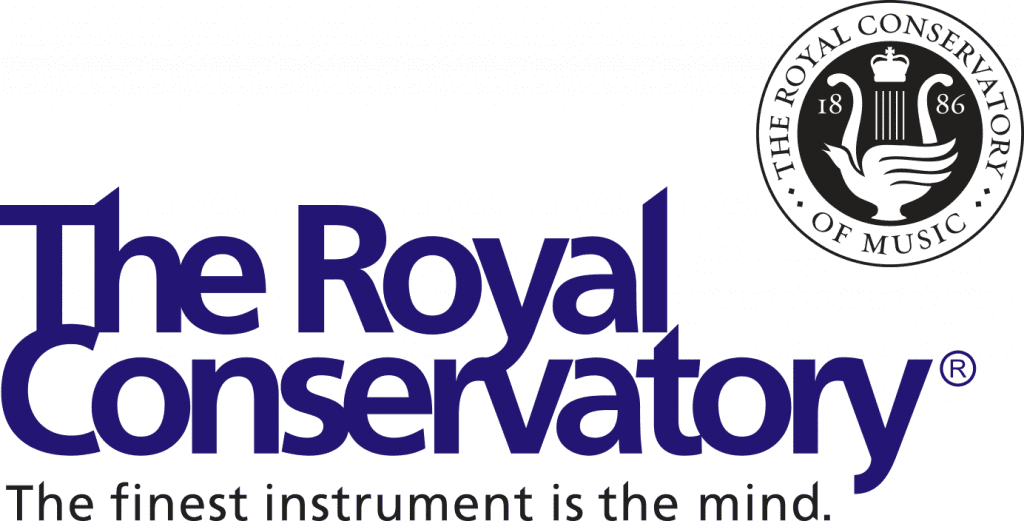
Have you ever considered enrolling your preschooler in an early learning program, but
hesitated? Wondering if your child is too young, or if there are any real benefits? Speech and
drama… for four year olds?
As a voice, speech, and drama teacher, performer, university scholar and life-long student of the
theater, I am here to tell you that enriching your child’s preschool learning with an informative
and expressive artistic program is integral to life-long student success.
Here at Opus, we are committed to teaching students the art of public speaking, speech arts,
and drama to develop their creativity and expression. Our goal is to train students of all ages to
speak and perform with self-assurance, empowering them for a lifetime of success in their
professional lives.
The fundamentals begin with our Early Learning program, for children in grades Pre-K to K. This
curriculum specifically promotes academic development and school readiness in an
encouraging and fun environment focused on preparing them for grade school and encouraging
an enthusiasm for lifelong learning.
Our newly updated Early Learning curriculum develops fundamental skills, not only in speech,
drama, and music but also in a range of personal and interpersonal skills. Simultaneously
learning the basics of facial expressions, physicality, mime, and musicality with language arts,
reading readiness, and printing. All learnt through structured play! During this course, your child
will learn, analyze, memorize, and recite poetry, prose, and nursery rhymes. Your child will also
perform a mime and participate in several engaging and educational drama games.



The benefits of participating in speech and drama are endless! But don’t just take my word for it.
The Royal Conservatory of Music states, “It should come as no surprise that parents see the
value in communication skills, since many employers today identify communication skills as a
top priority in job postings and hiring criteria. Educators, too, are beginning to note a shift in
focus, from the testing of skills such as math and language as markers of achievement to a new
emphasis on 21st-century skills of collaboration and communication” (Orr, 1).
Trinity College London also cites many transferable skills developed by speech and drama
programs. Some key examples include communication, teamwork and leadership, confidence,
critical thinking and problem-solving. Not to mention the social and emotional intelligence
developed through the understanding of the human experience.
I truly credit both my academic and personal success to the arts. Participating in Speech and
Drama at such a young age taught me the true value of oral communication. Through learning
language arts, I learnt to communicate effectively, not only with my peers but also my teachers
and mentors. This enabled me to converse extremely well in interviews, ultimately, allowing me
to become a leader and successful employee candidate later in life. Through drama, I learnt
how to express myself. By learning and understanding various human experiences and
emotions through poetry, prose, verse, and music, I developed deeper empathy and greater
social skills. In all honesty, I credit my ability to listen and work well with others to my years of
ensemble building and teamwork.

My personal experience aside, throughout my career as a teacher, I have seen, first hand, the
impact of participating in speech and drama on my students. I have watched four and five year
olds, who at first were too shy and afraid to introduce themselves become expressive and joyful
little actors! I have watched my youngest students learn to listen to each other and work
collaboratively and creatively as teammates. I have had the privilege of watching my once timid
and small students grow into confident, intelligent and thoughtful young adults. This is truly the
privilege of teaching and the joy of the theater.
As I venture further into my career and personal life, I often reflect on my experiences. What
would I want for my own children? What do I thank my own parents for? Theater.
Works Cited
Clarke, Sue. “Top 8 Transferable Skills Developed through Drama.” Trinity College London Blog,
Oct. 2021, https://blog.trinitycollege.co.uk/top-8-transferable-skills-developed-through-drama.
Accessed 15 Nov. 2024.
Orr, Jennifer. “Speech Arts and Drama Program Benefits .” Royal Conservatory of Music
Teachers Portal ,
https://teacherportal.rcmusic.com/Resources/Speech-Arts-Drama-Program-Benefits. Accessed
15 Nov. 2024.
